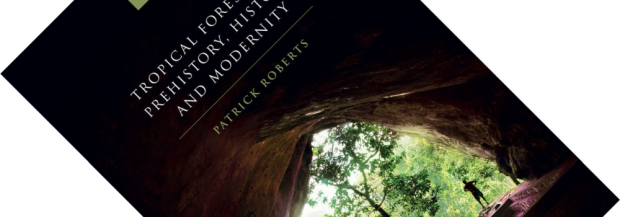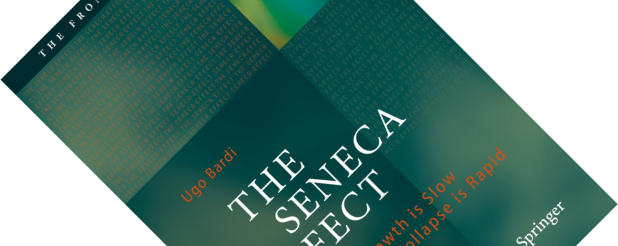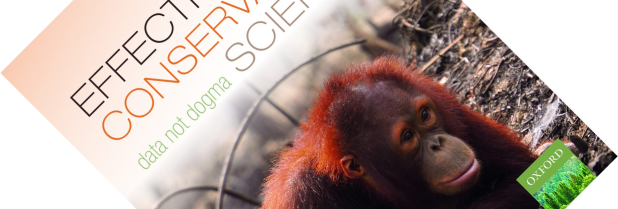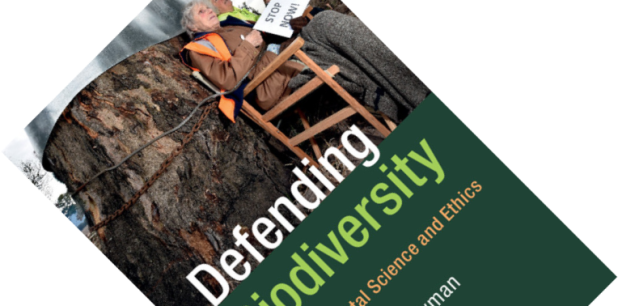Primaeval, pristine, playground of Indiana Jones, home to ancient ruins and primitive tribes – nothing says wilderness more than tropical rainforests. They have had a firm grip on our collective imagination for centuries as the antithesis of civilization. But after reading archaeologist Patrick Roberts’s Tropical Forests in Prehistory, History, and Modernity, it seems my introduction is a load of lyrical rubbish. Synthesizing an enormous body of scientific literature, this book dispels the Victorian-era explorer-mystique to reveal a picture that is far more fascinating.
ecosystems
Book review – The Seneca Effect: Why Growth is Slow but Collapse is Rapid
I am going to start this review on a tangent. The liner notes of the 1983 album Zeichnungen Des Patienten O.T. of the German industrial band Einstürzende Neubauten contained the slogan “Destruction is not negative, you must destroy to build”. I don’t expect that Ugo Bardi shares my taste in music, but, judging from this book, I’m sure that if we were to sit him down with the band members over a pint, they would have plenty to talk about. Because, according to Bardi, collapse is a feature, not a bug.
Book review – Effective Conservation Science: Data Not Dogma
Following hot on the heels of Cambridge’s Defending Biodiversity: Environmental Science and Ethics, Oxford University Press has just published the edited collection Effective Conservation Science: Data Not Dogma. Whereas the former title was careful about courting controversy, a quick scan of the chapter titles of this book suggest it is seeking out hot-button issues sure to upset some people (“Uncomfortable questions and inconvenient data in conservation science”, “Introduced species are not always the enemy of conservation”, or “Rehabilitating sea otters: feeling good versus being effective”). Together, these two books form an excellent combination of a philosophical and pragmatic examination of biodiversity conservation, and how we could do better.
Perhaps more than any other discipline, conservation science arouses strong feelings of righteousness, of fighting the good cause. Critical questions or results that run counter to the narrative of nature-in-decline are unwelcome, often out of fear that policymakers and the media will misinterpret such findings, leading to drastic reduction in support for conservation efforts. Though understandable, Effective Conservation Science is a collection of 26 cautionary tales of the dangers of such thinking.
Book review – Defending Biodiversity: Environmental Science and Ethics
Most people would agree that it is important to conserve wildlife and the environment it lives in. But can you clearly articulate why? Defending Biodiversity brings together an ecologist and two philosophers to critically examine the arguments environmentalists often put forward in favour of biodiversity conservation. Because, as they point out, a lot of these arguments are not very strong, and sometimes conflict with each other, or with other parts of what environmentalists wish to achieve. Now, before you get all worked up, all three authors strongly believe that biodiversity ought to be conserved, and this book is not an attack on environmentalists or biodiversity conservation. They are careful to avoid being unnecessarily controversial with this book. Rather, they want to help environmentalists improve and strengthen their arguments and to become more persuasive in debates.




